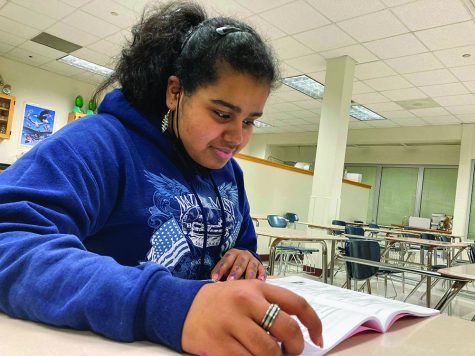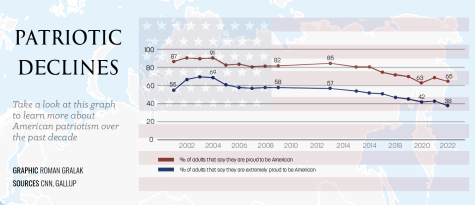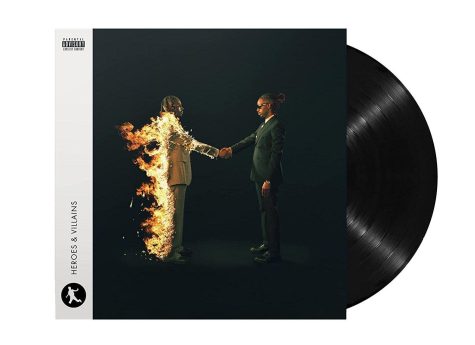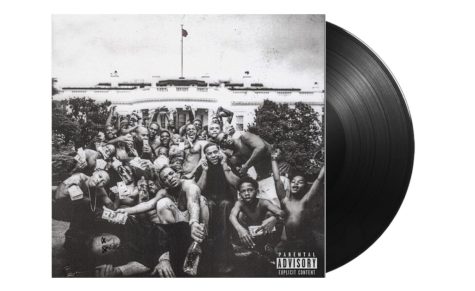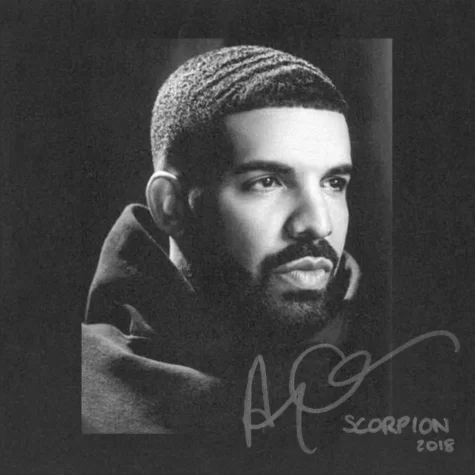Is “The Cursed Child” Canon?
 The Harry Potter series is a very popular and world renowned story with exquisite plots and themes; however, there are many controversies regarding the series. One of those controversies centers on whether “The Cursed Child” is canon or not. Although the author, J.K. Rowling, specifically states it canon, there are many reasons and flaws within the story that prove “The Cursed Child” is not canon.
The Harry Potter series is a very popular and world renowned story with exquisite plots and themes; however, there are many controversies regarding the series. One of those controversies centers on whether “The Cursed Child” is canon or not. Although the author, J.K. Rowling, specifically states it canon, there are many reasons and flaws within the story that prove “The Cursed Child” is not canon.
“The Cursed Child” is a two-part stage play set in Harry Potter’s wizarding universe that was created and produced after the main series of books and films had completed. Written by Jack Thorne and based on an original story by Thorn, Rowling and John Tiffany, it premiered in the West End of London in July 2016 and on Broadway in April 2018. Because of its sustained success both before and after the epidemic, it is expected to be released in seven cities across six nations by mid-2022.
It was reported in the summer of 2021 that the Broadway, Toronto, and San Francisco performances will be restaged as a single piece, with an opening date of 2022. The original performance, on the other hand, consisted of four acts divided into two different plays and lasted more than five hours in all.
“The Cursed Child” takes place 19 years after Harry Potter and the Deathly Hallows, the concluding novel in the series. Several well-known figures appear in the play. Of course, Harry Potter is there, now Head of the Ministry of Magic’s Department of Magical Law Enforcement. He’s occupied by his wife Ginny Potter, as well as Ron Weasley, Hermione Granger, and Draco Malfoy. The primary tale begins with the concluding scene of the previous book, as Harry and Ginny’s son Albus Severus Potter prepares to depart to Hogwarts School of Witchcraft and Wizardry.
Despite its contentious status among a substantial number of Harry Potter fans, the play is billed as the eighth narrative in the series. Rowling declared on Twitter before the play’s debut that, despite its authorship, the play was canon.
Despite persistent criticism, the play’s canonical status was established in 2018 when the official website Pottermore added “The Cursed Child” to the Harry Potter timeline. After the site was renamed Wizardingworld.com a year later, it continued to post “The Cursed Child”-related content on a regular basis. However, five years after its premiere, the play continues to elicit conflicting reactions from audiences.
So we’ll start with our tried-and-true golden three, since if this were a Harry Potter narrative, it’d be about Harry, Ron, and Hermione. Harry is so out of character that his exchanges with Ginny and Albus show Thorne and Tiffany had no idea who they were writing for. After all Harry has been through in his life, including his traumatic background, they go so far as to have Harry remark in “The Cursed Child” that he wishes Albus wasn’t his son. How is this our Harry? What about Hermione, Minister of Magic? In what universe would Hermione abandon her interest in S.P.E.W. (Society for the Promotion of Elfish Welfare) or Magical Law Enforcement? Who came up with this when she is so far apart from politics?
On Pottermore, the official end-all and be-all for everything Harry Potter-related, it claims the current Minister for Magic is Kingsley Shacklebolt, and he has been since 1998, with no mention of Hermione. Ron is depicted as a weak character and is little more than a love-sick puppy for Hermione. He lacks ambition and a sense of purpose, and it’s heartbreaking to witness such a decent guy and friend become lost in the muck. Our new characters, on the other hand, are dry, dull or, in the case of Delphi, an unnecessarily, irritatingly pure narrative convenience. How many times has she just shown up with no explanation? Every single time she appears on the page.
There are also several “jokes” in the play that are strictly reserved for “Harry Potter” film fans, such as Voldemort not having a nose or Ron’s nonstop eating – neither of these things are written in the books, and keep in mind that Rowling did not write the screenplays for the “Harry Potter” films, so these portrayals of the characters are two steps wrong from what I now feel the need to call “the real characters.” Thorne and Tiffany appear to be more familiar with the “Harry Potter” films than the novels.
The well-established and well-known principles of magic and how it may and cannot be utilized are something that makes the Wizarding World operate so effectively. Conclusively, “The Cursed Child,” although stated by Rowling was indeed canon, by many reasons and examples of how off-setting this book was compared to the rest of the series, it can be argued that this is not canon.


